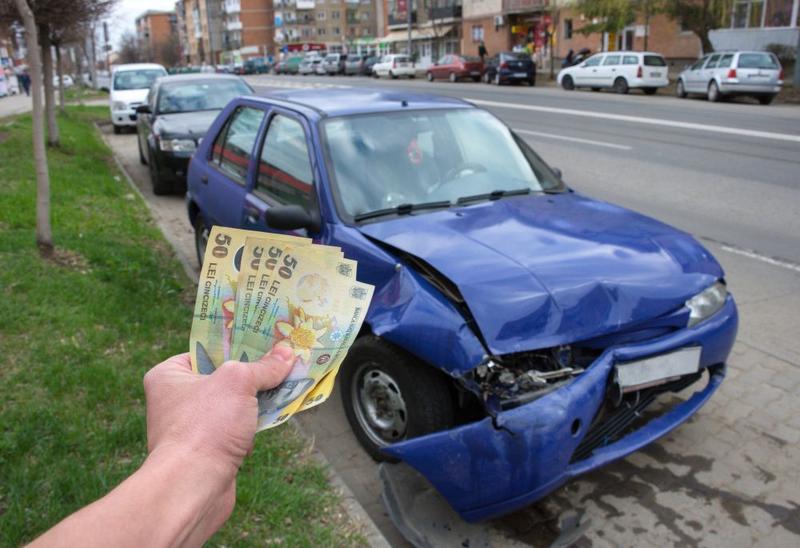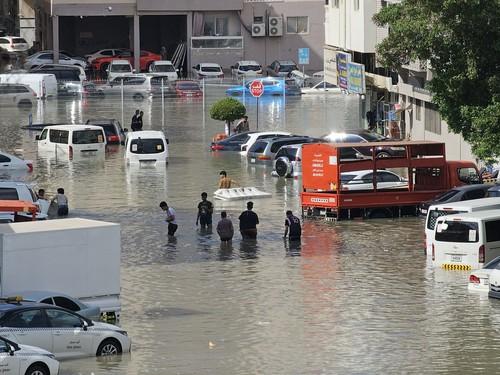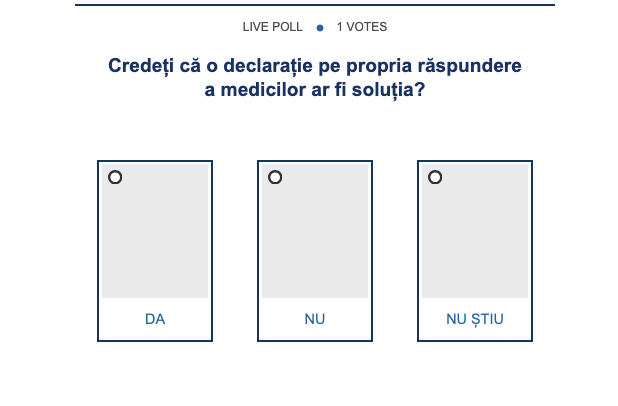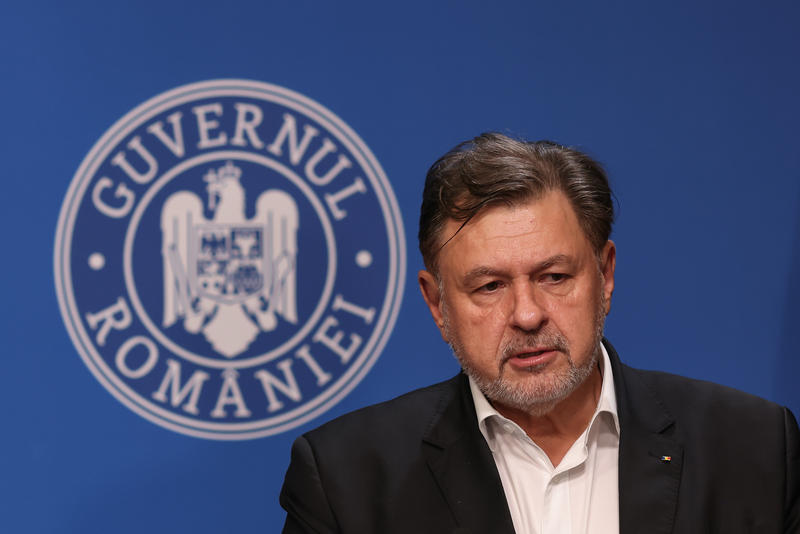What happened to Bulgaria is a very clear signal that the Commission will in no way hesitate to take the harshest measures should similar issues arise in other member states, including Romania. The warning belongs to Romania's representative in the EC, commissioner Leonard Orban, who spoke on Wednesday of the Commission's decision to partly freeze financial aid to Bulgaria because of its performance in fighting corruption.
Orban made the comments during a meeting with Romanian journalists in Brussels.
He said the EC report on Romanian justice and fight against graft, which was issued on Wednesday, was balanced, containing criticism as well as notes of progress and proposing measures to be taken for Romania to advance its efforts of reform.
He said the most serious criticism refers to the so-called politicization of high-level corruption cases.
He said that while the report as a whole provided a mixed picture of the process of judicial reform in Romania, it was very important that when compared to a preliminary report in February this year the current one underlines progress made by the country over the past six months.
During their talks on the draft reports prior to their publication today, European Commissioners did not talk much about Romania but focus mostly on Bulgaria and the issue of a possible activation of a safeguard clause by the Commission, in Romania's case, was not discussed.
He said Romania should take notice of what happened in Bulgaria's case to see the risks it faces should it not comply with the tasks of judicial reform and the fight against corruption. The risks are "enormous" in general, including for countries that will join the EU in the future, he said on a personal note.
The Commission suspended assistance of hundreds of millions of euro for Bulgaria and withdrew the accreditation of two payment agencies because of corruption and dysfunctional management of European funds.




















